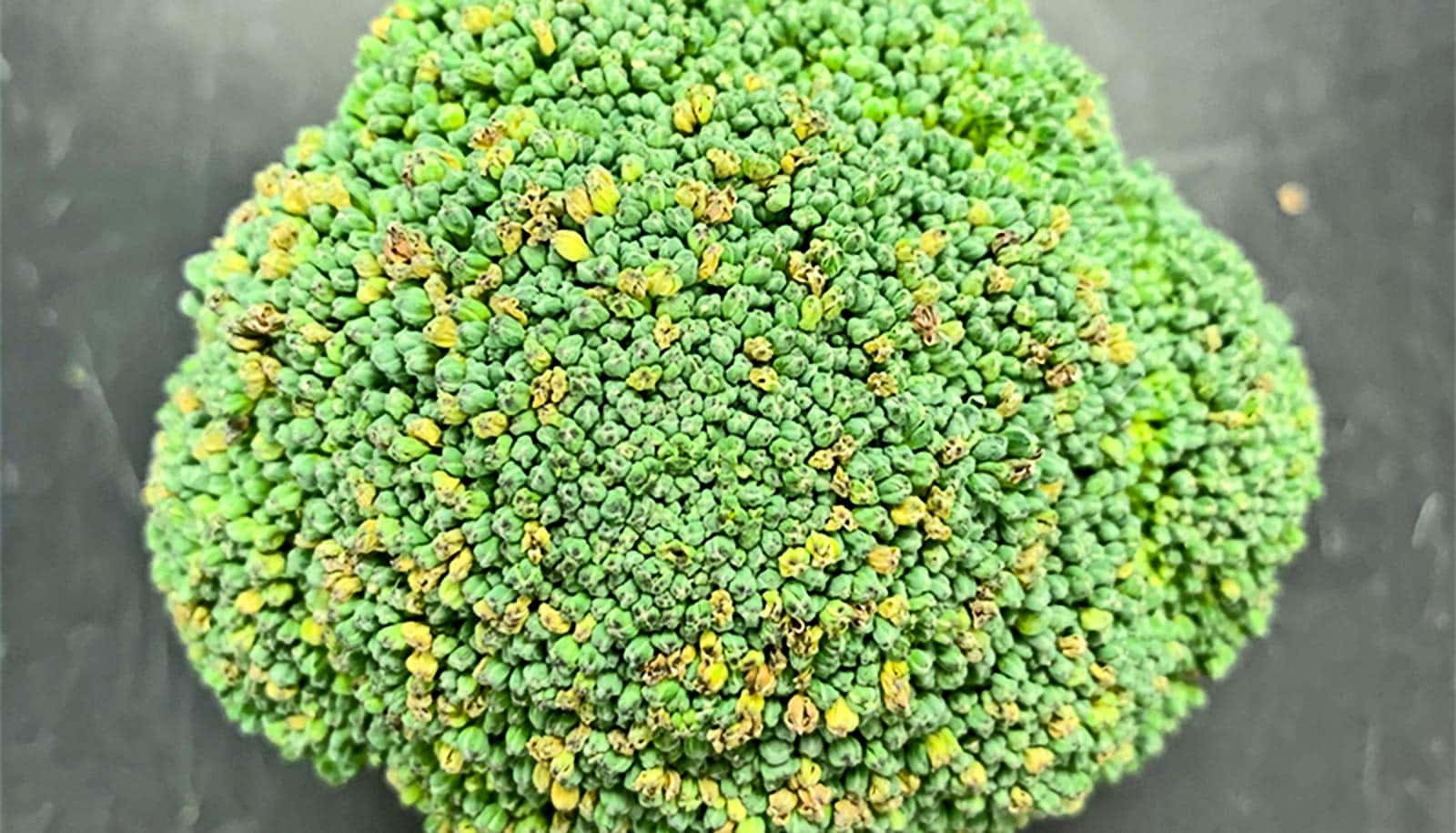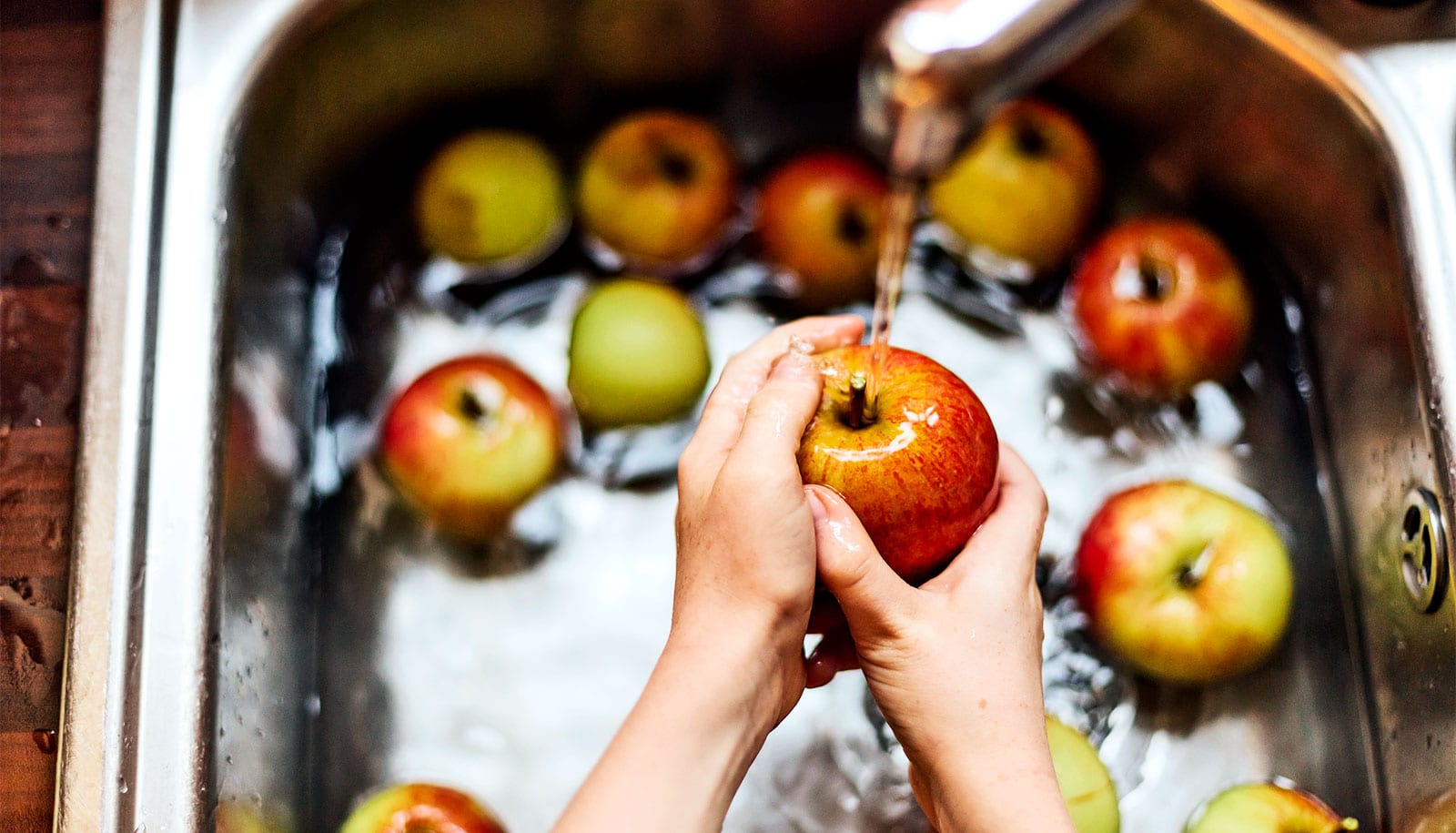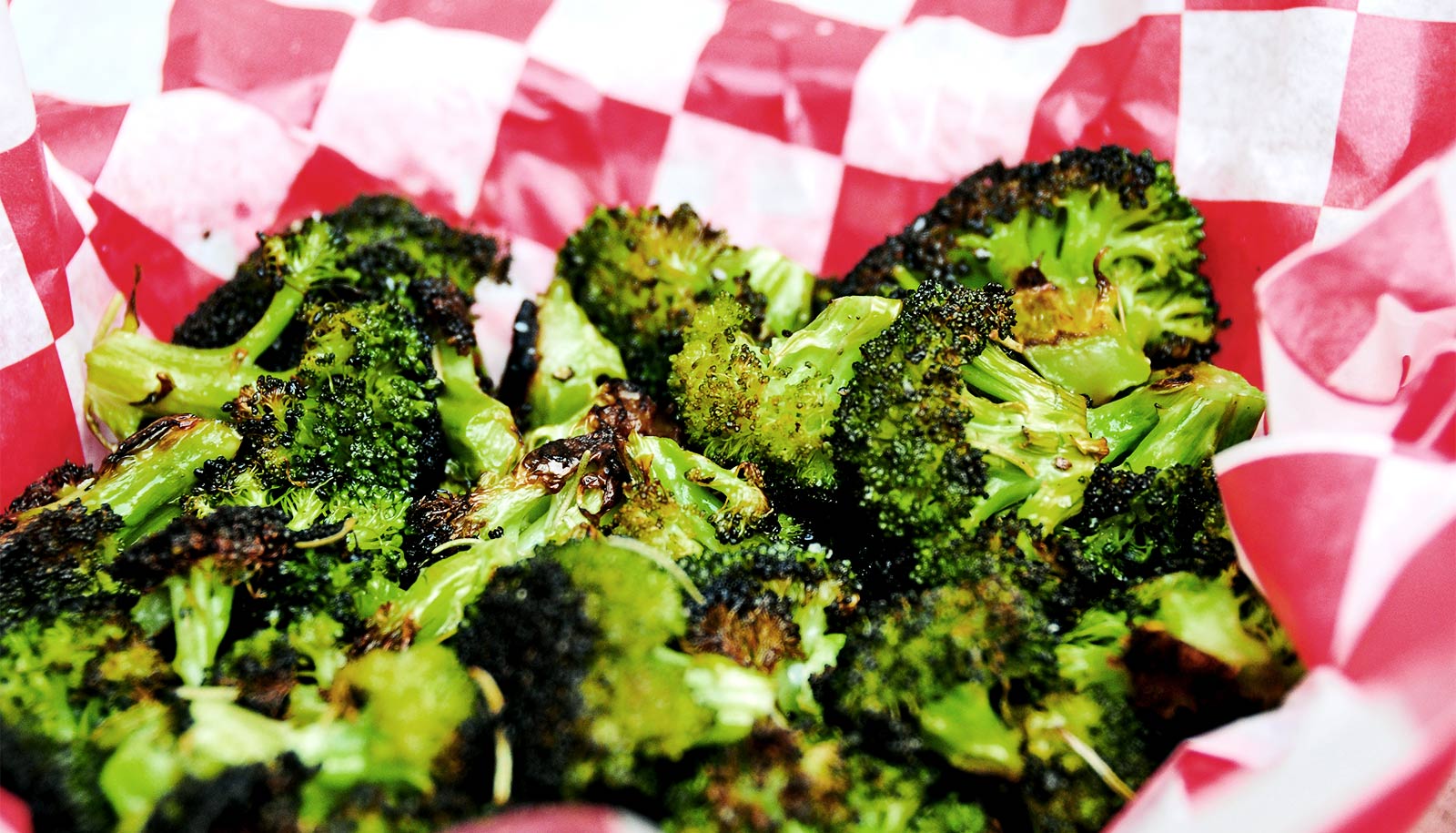New research identifies the genes that cause broccoli to age after harvest. The work could lead to ways to keep broccoli fresh longer.
“When produce arrives at a supermarket distribution center, for example, there is no objective way to measure how fresh that product is or what its shelf life will be. The people receiving the produce can only judge by how something looks,” says Jeff Brecht, coauthor of the study in the journal Postharvest Biology and Technology and a professor in the University of Florida’s Institute of Food and Agricultural Sciences horticultural sciences department.
Judged just by looks, broccoli can be hard to assess. “Broccoli can look great one day and go bad the next. At the end of the broccoli’s shelf life, the change can be very fast,” Brecht explains.
To understand what causes this transformation, the researchers investigated the genes responsible for the molecular changes inside broccoli as it ages.
“With this research, one of our goals is ultimately to develop a quick test that would measure how fresh the produce is, based on which genes are being expressed,” says assistant professor Tie Liu, the study’s senior author.
The researchers say improving the freshness of produce is one piece of solving a larger problem: food waste. Armed with the knowledge of how fresh the produce is, handlers can adjust how they distribute different lots so that consumers are always getting produce of the highest possible freshness and quality.
“Fresher food lasts longer, making it more likely that it will be consumed and not wasted,” Liu says.
When the researchers talk about freshness, they are referring to produce’s physiological age—that is, how old it is at the level of cells and molecules.
“A lot of people don’t realize that fruits and vegetables are still alive after you harvest them. But, harvesting them unleashes a chain of chemical reactions that causes them to age more quickly,” Liu explains.
This aging process is called senescence, and the new study identifies the genes involved in broccoli senescence. These genes are aptly named SAGs, or senescence associated genes.
More research is needed to understand to what degree different SAGs contribute to senescence. However, what the researchers learn about broccoli could be applied to other crops, the researchers say.
“Broccoli is actually just a cultivated variety of a single species from which we get other crops like cabbage, Brussels sprouts, and kale. So, what we learn about broccoli is likely true of these crops as well,” Brecht says.
Understanding the genes behind freshness could also offer valuable information to plant breeders trying to develop crops that stay fresher longer, Liu says.
Source: University of Florida


